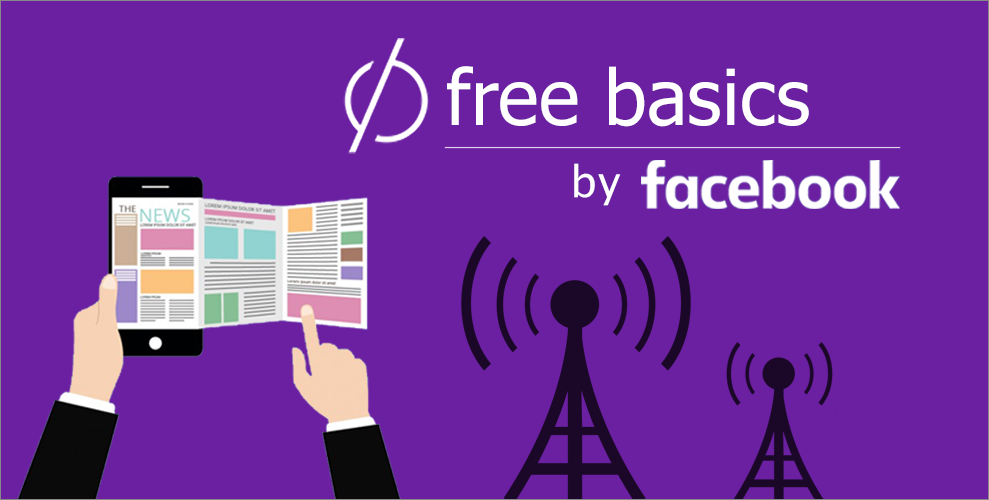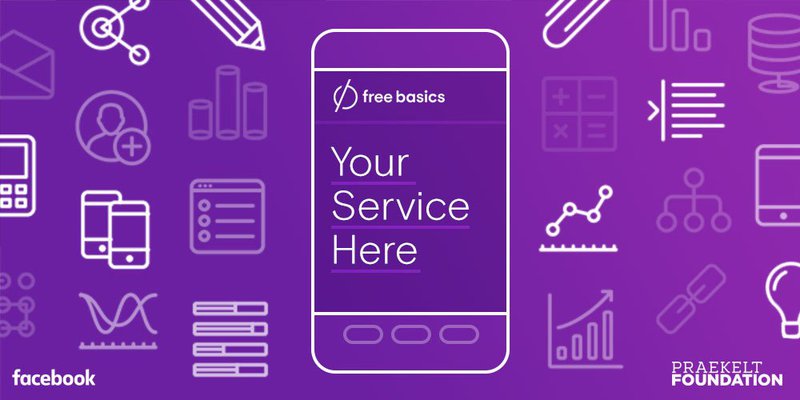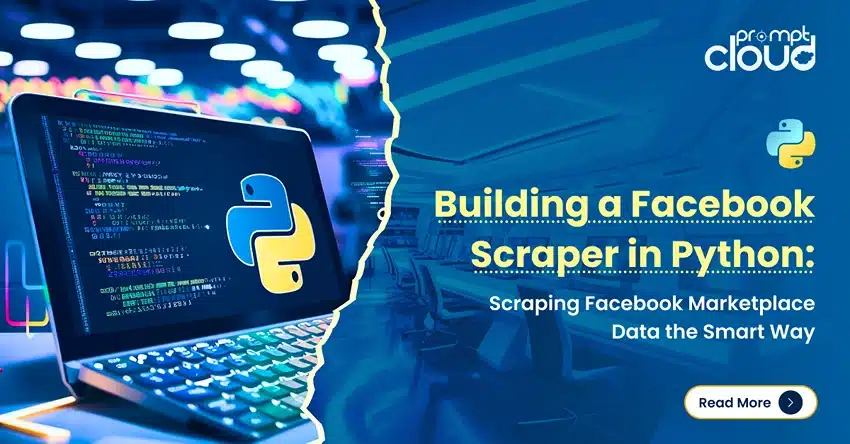Free Basics, Facebook’s free Internet platform that is intended to supply free Internet to people in developing countries, is facing flak from some quarters in India. Under Free Basics, Facebook is offering free access to a bouquet of services for thousands of less privileged users, but activists and enthusiasts in the country are encouraging netizens to reject Facebook’s initiative. Why? Facebook’s Free basics violates the principle of ‘Network neutrality’ or ‘net neutrality‘ – a concept that says all content, sites, and platforms on the Internet should be treated equally.

Net Neutrality is not something new and many activists have been fighting to achieve it in the west. In India, legally there is no concept of Net Neutrality. But the issue came to public attention last year when TRAI (Telecom Regulatory Authority of India) floated a paper about OTT (Over The Top) services for public feedback.
The Internet that we are using today is a level-playing field. Anybody can start up a website, use social networking sites, stream music with the same amount of data that they have paid for with a particular ISP. But if Net Neutrality ceases to exist, your ISP might favour certain websites over others for which you might have to shell extra bucks. Website ‘A’ might load faster speed than Website ‘B’ because your ISP has an agreement with Website ‘A’ that Website ‘B’ cannot pay for.
Facebook’s Free Basics, originally known as Internet.org, was put into place to provide free Internet to users who cannot afford data packs. The Free Basics app is now live in 19 countries including India where it was launched in partnership with Reliance communications. All developers will be free to introduce their apps on the platform as long as they meet the technical criteria.
Announced in 2013, Internet.org is a partnership between Facebook and six other companies that plan to bring affordable access to chosen Internet services in less developed countries. Initially, it provided access only to content from select partners. However, earlier this year it opened up to all developers with a number of restrictions. Internet.org, now called Free Basics has been the point of controversy for Facebook. Internet users in India have expressed their unhappiness with the platform’s limited content. Some users have accused Facebook of offering a “walled garden” in place of real Internet use. If a user tries to access content that is not included in Facebook’s Free Basics platform, they are prompted to pay for data pack which is a clear violation of Net Neutrality.
Perhaps nobody’s opinion is as important as that of the inventor of the World Wide Web- Tim Berners-Lee. He advised users to discard zero-rating platforms like Free Basics. He also said that anything being offered in the name of the “Internet” which isn’t the “full Internet”, isn’t really free and public.
Facebook on its part has been aggressively promoting, both online and offline, its Free Basics platform and ensuring that the platform is not banned permanently. To gather support, Facebook first came up with bold flashy full page advertisements in major Indian newspapers and then resorted to SMS campaign followed by an article by Mark Zuckerberg, CEO Facebook, published in a leading English daily. Defending its platform, Mark Zuckerberg insists that Free Basics brings power of Internet to everyone and that Net Neutrality is equally important and ISP’s should not be allowed to categorize and limit access.

In the Net Neutrality and Free Basics debate, there is a battle between two core values- ease of access and neutrality. The ease of access assured by platforms like Free Basics compromises the neutrality of Internet. The customers have no choice in deciding which websites they might want to access free of cost. Facebook, on its part, argues that every developer has an equal opportunity to be part of its project. The Net Neutrality activists are not opposed to the idea of greater accessibility of the Internet. Their concerns lie in unethical means being used to achieve greater accessibility. Compromising Net Neutrality in a bid to take Internet to far flung areas could have profound impact in the long run. Yes, Free Basics would provide Internet access to less privileged but will it be at the cost of unhindered access for common users? It is therefore important that any discussion on the topic must take into account the tension between two contradictory goals: the need to provide greater Web penetration across the country and importance of sustaining a neutral Web.



















